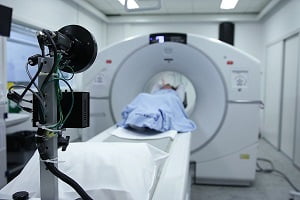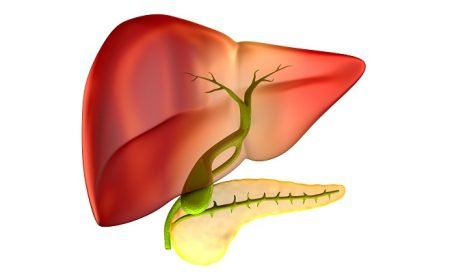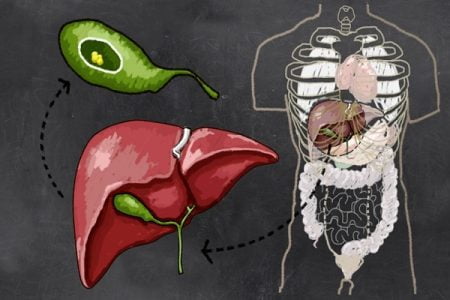Browsing: Gallbladder Cancer
Comprehensive Information, Resources, and Support on Gallbladder Cancer
Cancer treatments can cause several changes to your body. There are some side effects of each type of cancer treatment, which different people experience differently. As you prepare yourself for cancer treatment, you may benefit from these coping strategies.
Gallbladder Cancer Screening and Early Detection
It is very difficult to diagnose gall bladder cancer in its early stages because it does not present any specific symptoms initially and also because gall bladder is hidden behind the liver. Early detection of gallbladder cancer is very difficult especially when the cancerous tumors are small in size and confined within the gall bladder.
It is not difficult to live without a gall bladder if the patient follows some dietary recommendations. No gall bladder diet is the best diet for patients without a gall bladder, especially after the surgery. The no gallbladder diet helps the body adjust the way it releases bile juice into the small intestine.
When talking about gallbladder cancer life expectancy or survival rate, medical professionals generally use a 5-year survival rate. Life expectancy refers to the percentage of patients who live at least 5 years after their cancer is diagnosed. Many people associated with gallbladder cancer usually live much longer than 5 years, and some people with gallbladder cancer may die from other reasons as well.
Gallbladder cancer is the most frequent malignant neoplasm of the biliary system and the fifth of the digestive system. It…
Gallbladder cancer is a rare cancer that starts in the gallbladder and affects the digestive system. When the cells in your body begin to grow out of control, it results in cancer. Cells from any part of your body can become cancerous, and can spread to other areas of the body.
A gallbladder polyp is a small, abnormal growth of tissue which emerges from the lining of the inside of the gallbladder (a small organ that stores bile and passes it from the liver to the small intestine). They are often made up of cholesterol and are relatively common.
Stage 4 Gallbladder Cancer
It is estimated that about 4 out of 100 people with stage 4 gallbladder cancer may survive for 5 years or more after being diagnosed with the disease. Researchers are trying to find new ways to kill or stop the progression of primary and metastatic gallbladder cancer cells.











